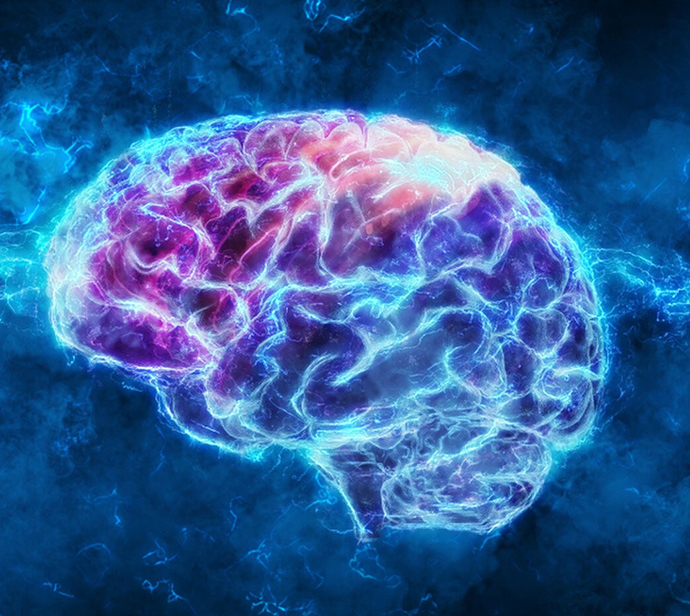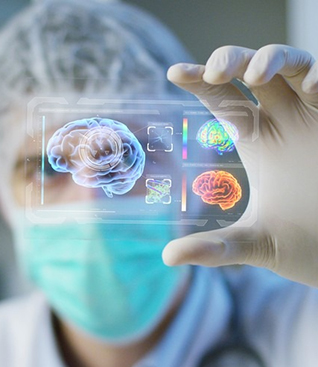Transcranial Magnetic Stimulation
A New Option for Depression
Clinical Depression (also known as Major Depression) is serious, debilitating, and sometimes even life-threatening. Many people who suffer from depression may respond very well to medications, while others may not. Each time someone tries a medication that does not work, the chances of achieving remission decrease dramatically.

What is TMS?
Transcranial Magnetic Stimulation is a groundbreaking approach to treating Major Depression. TMS has been used in research for over 30 years. Here at Southeastern Psychiatric Associates, we use a protocol called rTMS or Repetitive Transcranial Magnetic Stimulation.
TMS is FDA-approved for treating Major Depressive Disorder when medications don’t work. In clinical trials, TMS has been proven to be safe and effective. TMS is well-tolerated, and the effects are usually long lasting.
What is it like?
Treatments take about 19 minutes and are done in our Randolph offices.
You settle into a reclining chair. When the treatment begins, you hear a clicking noise similar to an MRI, and experience a sensation like a finger tap.
You remain fully awake and can watch TV or chat with someone in the room.
The treatment does not cause any disorientation or cognitive problems, so you can immediately resume normal activities, like driving home or going to work.
There are few to no side effects with TMS.

How does TMS work?
The TMS device creates magnetic pulses that activate the parts of the brain that act to fight depression. As this area becomes more active, depression is reduced.


Make an appointment
Call to schedule your free consultation: 781-963-7775 ext. 21
TMS is well-tolerated and does not have the same side effects as tradition medication. The most common side effect is pain or discomfort near the treatment site.
Unlike traditional medication, TMS will not cause side effects like gastrointestinal upset, dry mouth, sexual dysfunction, weight gain, or sedation.
If you are a patient suffering with Major Depression and have not found a satisfactory treatment with antidepressant medication, TMS may be the next best step for you. TMS is not right for you if you are pregnant, if you plan to become pregnant, or if you have metal implants above your neck.



